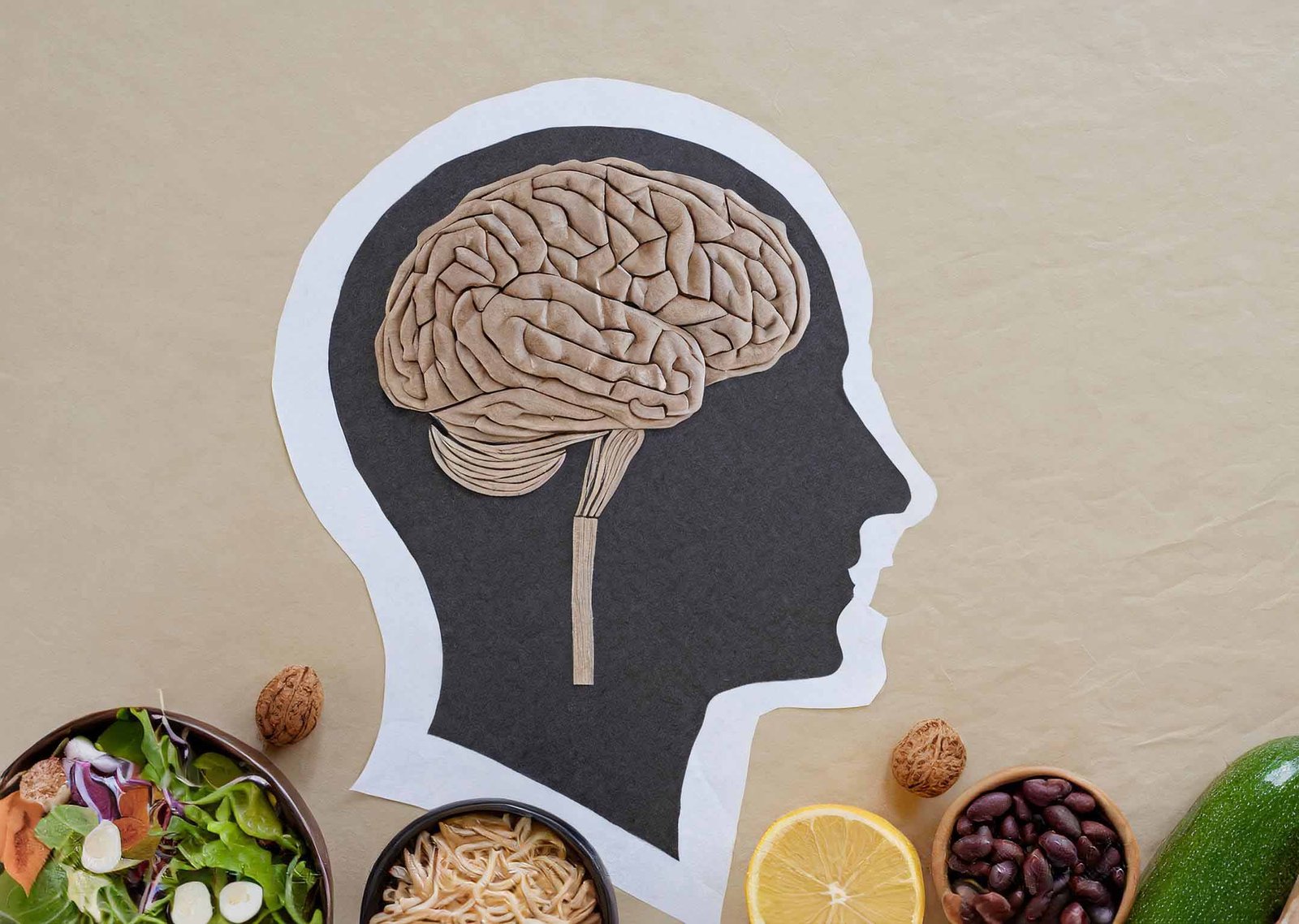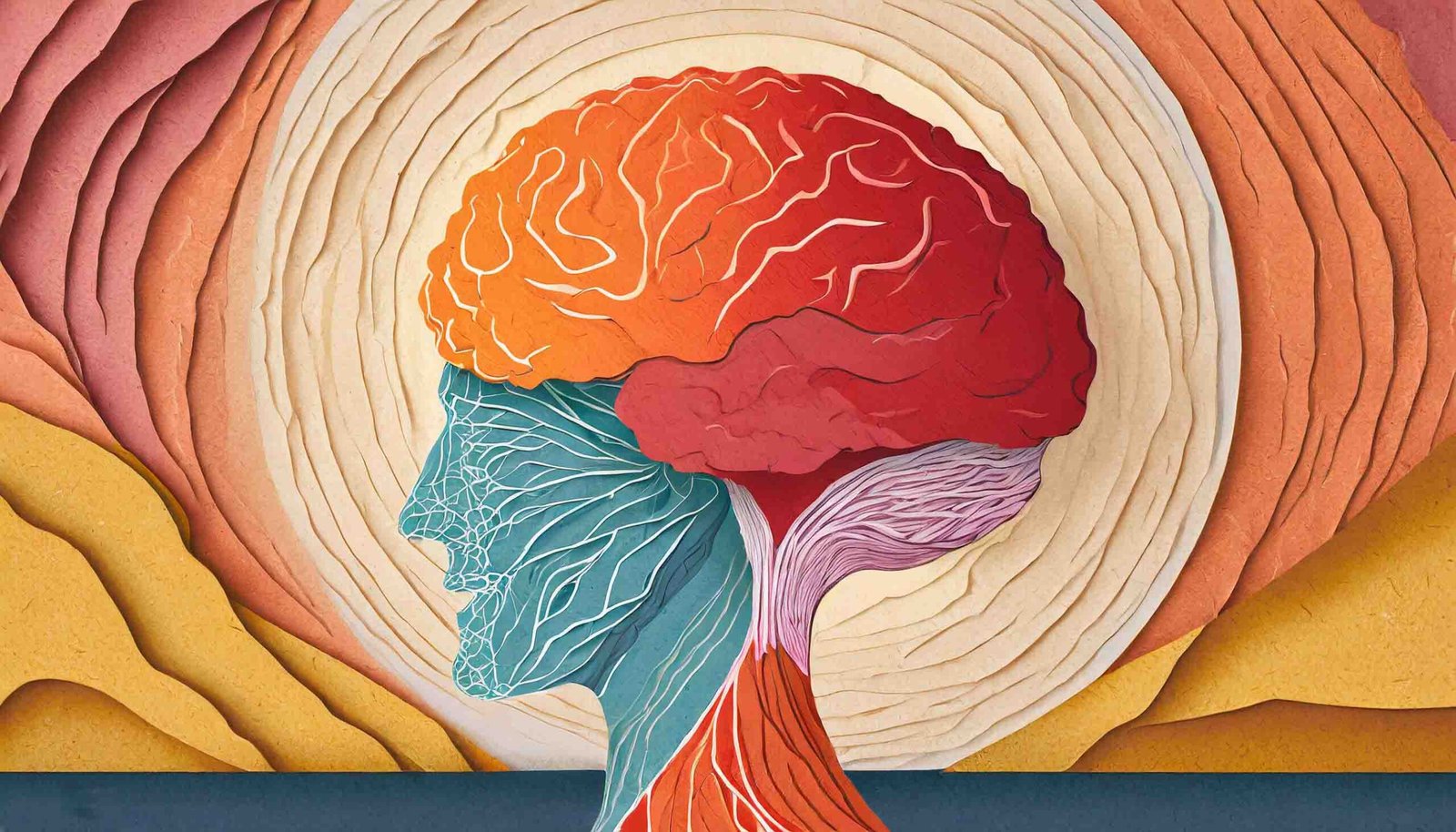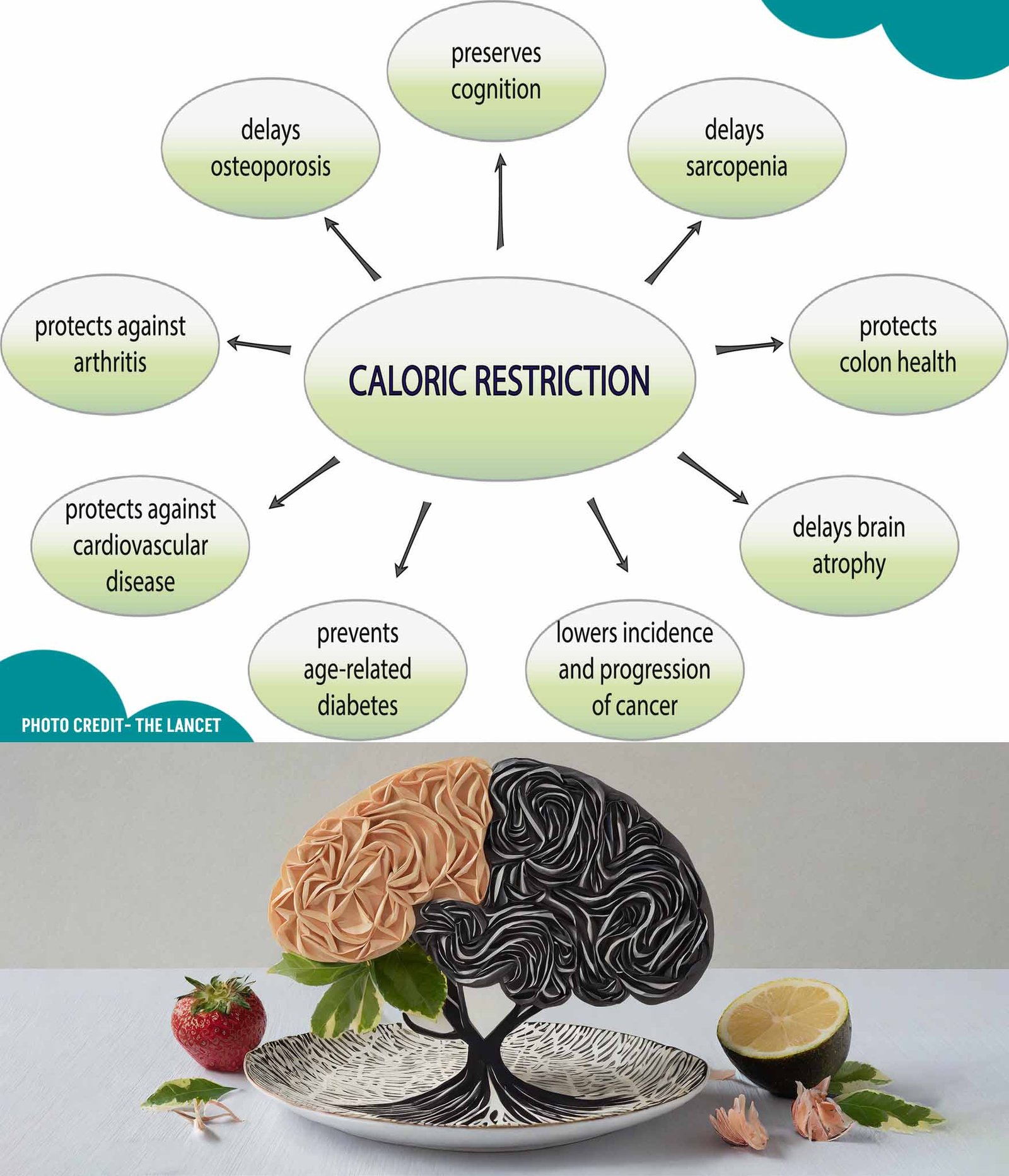HEALTH BLOG
The 6 Connection Between Caloric Intake and Brain Aging
-
Rahul Priydarss

T
his article on mindful eating and Brain Aging is a game-changer. The detailed exploration of how our eating habits impact not just our bodies but our minds is eye-opening.
Table of Contents
Introduction:
In our quest for a longer, healthier life, and Brain Aging the relationship between our dietary habits and cognitive well-being has become an intriguing area of research. One fascinating avenue being explored is the impact of mindful eating and caloric intake on the brain’s ageing process.
Understanding the Basics of Brain Aging:
The aging brain undergoes various changes, and cognitive decline is a common concern. Researchers are delving into lifestyle factors that may influence the rate of brain aging, and one such factor is our diet. While we’ve long known about the benefits of a healthy diet for physical health, the connection between nutrition and brain function is gaining more attention.
The Caloric Conundrum:
Caloric intake has been a subject of debate for decades. While excessive caloric consumption is associated with obesity and various health issues, a moderate reduction in calorie intake is now being investigated for its potential benefits, not just for the body, but for the mind as well.
The Mindful Eating Approach:
Mindful eating involves being fully present during meals, paying attention to the sensory aspects of food, and recognizing hunger and fullness cues. This practice extends beyond simply reducing calories; it emphasizes a conscious and enjoyable relationship with food.
Research Findings:
Studies have shown that a mindful approach to eating can lead to a reduction in overall caloric intake. When individuals engage in mindful eating, they tend to savor each bite, leading to a greater satisfaction with smaller portions. This not only supports weight management but may also have implications for brain health.
The Brain Benefits:
Reducing caloric intake through mindful eating may impact brain aging through several mechanisms. One key factor is the potential reduction in oxidative stress. Caloric restriction has been linked to a decrease in the production of free radicals, which can damage cells, including those in the brain. Additionally, mindful eating practices may positively influence insulin sensitivity and inflammation levels, both of which play a role in cognitive health. By promoting a balanced and nutrient-rich diet, mindful eating supports overall well-being, potentially mitigating factors associated with accelerated brain aging.
Practical Tips for Mindful Eating:
Savor Each Bite: Take the time to enjoy the flavors, textures, and aromas of your food.Eat with Awareness: Minimize distractions during meals, such as television or electronic devices, to focus on the act of eating.Listen to Your Body: Pay attention to hunger and fullness cues, and eat in response to physiological rather than emotional cues.Choose Nutrient-Rich Foods: Opt for a variety of whole, nutrient-dense foods that support both physical and cognitive health.
The Future of Brain-Boosting Nutrition:
While research on the connection between mindful eating, caloric intake, and brain aging is still in its early stages, the preliminary findings are promising. Incorporating mindful eating habits into our daily lives may prove to be a valuable tool in promoting not only physical health but also cognitive longevity. As we continue to unravel the mysteries of the mind-body connection, the role of nutrition in maintaining a timeless mind emerges as a powerful aspect of our overall well-being. By embracing mindful eating practices and being conscientious of our caloric intake, we may discover a key to unlocking a healthier and more vibrant future for both our bodies and our brains.
Reference Doctor line – “ Age is the largest threat factor for developing conditions of the brain. delaying or dwindling the rate of ageing could slacken multiple age- related conditions and therefore neurological conditions. In terms of Alzheimer’s and Parkinson’s complaints, there are no available treatments to treat the conditions, so we must understand ways to help or decelerate the progression of neurodegenerative conditions. ”
– Dr. Lisa Ellerby

Frequently Asked Questions (FAQs):
1.Q- What is mindful eating, and how does it impact caloric intake?
A- Mindful eating involves being fully present during meals, focusing on sensory aspects of food. It can lead to a natural reduction in caloric intake as individuals savor each bite and become more aware of hunger and fullness cues.
2.Q- Can mindful eating really slow down brain aging?
A- While research is ongoing, early evidence suggests that mindful eating, coupled with a moderate reduction in calories, may positively influence factors associated with brain aging, such as oxidative stress and inflammation.
3.Q- Is caloric restriction necessary for mindful eating, or is it about making healthier food choices?
A- Mindful eating emphasizes a positive relationship with food, focusing on choosing nutrient-dense, whole foods. While a natural reduction in calories may occur, the primary goal is making conscious and healthier food choices.
4.Q- Can anyone practice mindful eating, regardless of age or dietary preferences?
A- Yes, mindful eating is flexible and adaptable. It can be practiced by individuals of all ages and accommodates various dietary preferences and restrictions, promoting a mindful approach to eating for overall well-being.
-Remember, Always consult with healthcare professionals or Doctors for personalised advice related to medical conditions.
- Advertisement -
Article Reviews:
Review 1: “This article on mindful eating and brain aging is a game-changer. The detailed exploration of how our eating habits impact not just our bodies but our minds is eye-opening. The practical tips for incorporating mindful eating into daily life make it accessible for anyone. A must-read for those seeking a holistic approach to health!”
Review 2: “As someone interested in both nutrition and brain health, this article provided valuable insights. The breakdown of the science behind how mindful eating and caloric intake relate to brain aging was well-explained. I appreciate the balance of evidence-based information and practical tips for implementation. It’s a thought-provoking read.”
Review 3: “I’ve always been curious about the connection between what we eat and how it affects our brain. This article not only answered my questions but also sparked a new interest in mindful eating. The FAQs section addressed common concerns, making the topic approachable. Well-written, informative, and worth sharing with friends and family!”

Conclusion:
“Embracing mindful eating goes beyond nourishing our bodies; it’s a key to unlocking a timeless mind. As we savor each bite, listen to our body’s cues, and make conscious choices, we embark on a journey where the connection between caloric intake and brain aging becomes a path to holistic well-being. In the simplicity of mindful eating, we find a powerful tool for a healthier, more mindful life.”
Previous Post





